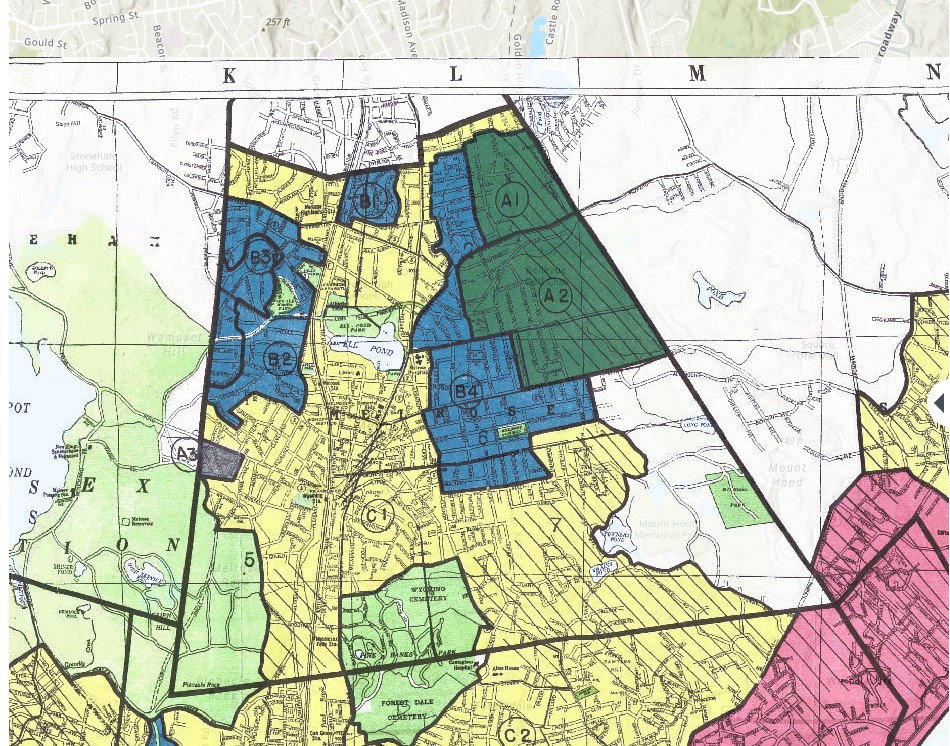
In Melrose, Black people are substantially less likely than white people to: feel a sense of belonging; feel that they can be their full, authentic self, and; feel comfortable interacting with Melrose institutions, especially City Hall (including the mayor’s office), the Melrose Public Schools, and the Melrose Housing Authority.
This report details the findings of our research.
Black students in Melrose have no teachers who look like them. This is harmful for our Black students, because research shows that when Black students have Black teachers they are more likely to thrive academically, graduate from high school, and aspire to college, and less likely to miss school and be suspended.
A substantial proportion of people who responded to the 2022 Melrose DEI Survey chose not to report their race or ethnicity (14%).
Among people who did not report their race or ethnicity:
• 80% do not think racism is a concern in Melrose.
• 78% do not want the city to do more to address concerns related to DEI.
People who did not report their race or ethnicity:
• have among the strongest feelings of any group about racism, belonging, and DEI.
• appear to be engaged in “colorblindness,” or denial of race and racism.
This report details the findings of our research.
From 2007-2021, Black homebuyers in Melrose were 68% more likely to be denied a mortgage loan than white applicants. The likelihood of denial extended to Black homeowners as well. Compared to white homeowners in Melrose, Black homeowners were 176% more likely to be denied a home improvement loan, 147% more likely to be denied in refinancing their mortgage and 63% more likely to be denied cash-out mortgage refinancing.
This report details the findings of our research.
Melrose has a history of suspending Black students at higher rates than white students. In fact, Melrose has one of the highest rates of racial disparity in school discipline compared with 12 neighboring communities. Melrose continues to suspend students for nonviolent offenses against the advice of the Massachusetts Department of Elementary and Secondary Education (MA DESE).
The methodology to analyze and report the data is included in this report.
While the total number of arrests in Melrose are down over the past three
years, the percent of arrest records involving Black individuals and
individuals of unknown race have increased, and are above their annual
average. The percent of Black individuals arrested in Melrose (10%) is well
above the percent of Black residents in the Melrose population (3%).
This report details the findings of our research.
Over the past 15 years, Black homebuyers have
accounted for 1% of the homebuyers in Melrose. The percent of Black
homebuyers in Melrose is lower than the percent of Black residents in
Melrose (3%).
This report details the findings of our research.

